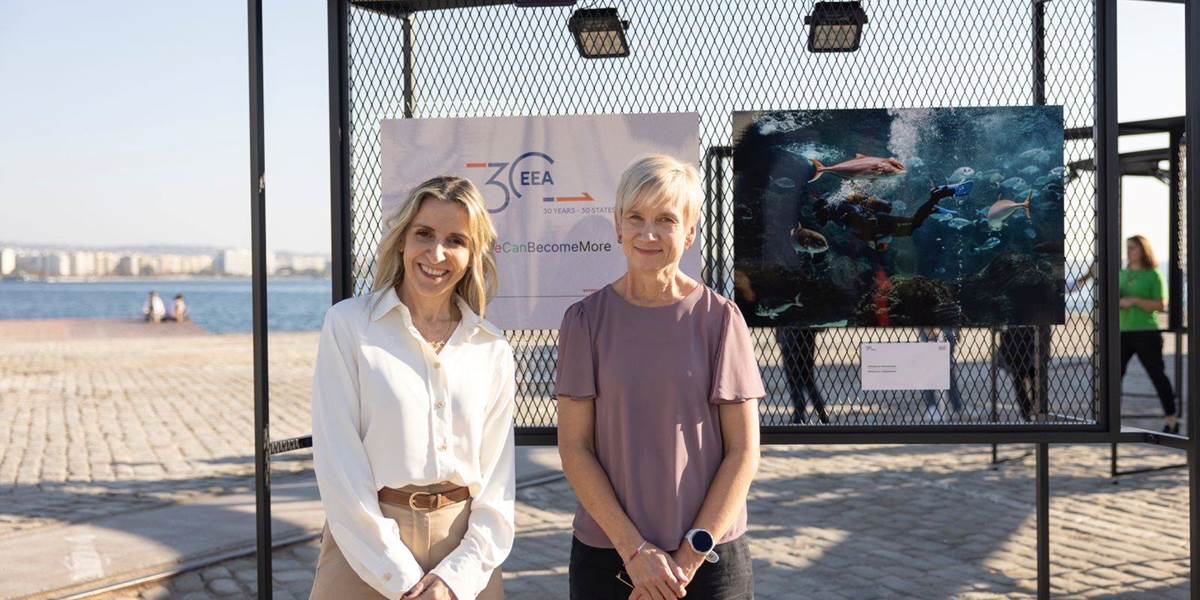2024 marks a significant milestone in the partnership between Norway and Greece. For 30 years, our two countries have been together in the European Economic Area. This is one of the largest free trade markets in the world.
But it is much more than free trade. This Agreement has made it possible for Norwegians to come to Greece and Greeks to come to Norway to travel, work, and study without barriers.
The same Agreement has opened up new avenues of cooperation between our two countries, with the EEA and Norway Grants as the most prominent one.
The Grants represent Norway’s financial support to Greece and amounts to EUR 310,4 million over the last 30 years.
During this period, our two countries have worked together to reduce social and economic inequalities, while strengthening our bilateral relationship based on shared values and goals.
Here is what the EEA Grants have focused on:
This is however not the end. Soon, we will start negotiations on the priorities for the next funding period, with an allocation of 159,3 EUR million to Greece. Our cooperation and joint journey continues, working together towards a green, competitive, and inclusive Europe.

30 Years–30 Images
An art installation titled “30 Years–30 Images” made its debut in Thessaloniki in November 2024 and travelled to Athens for the celebration of the 30 years of the Grants in Greece.
Constructed from wood, metal, and other sustainable materials, this display features 30 photographs showcasing significant EEA Grants projects and lits with solar panels during the night.
